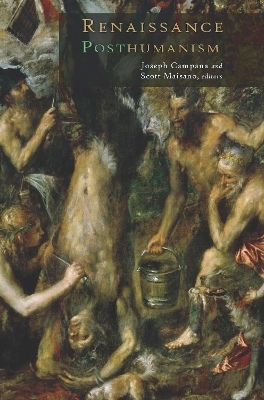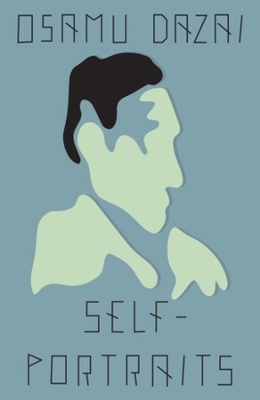
Renaissance Posthumanism
Fordham University Press (Verlag)
978-0-8232-6956-3 (ISBN)
Connecting Renaissance humanism to the variety of “critical posthumanisms” in twenty-first-century literary and cultural theory, Renaissance Posthumanism reconsiders traditional languages of humanism and the human, not by nostalgically enshrining or triumphantly superseding humanisms past but rather by revisiting and interrogating them. What if today’s “critical posthumanisms,” even as they distance themselves from the iconic representations of the Renaissance, are in fact moving ever closer to ideas in works from the fourteenth to the seventeenth century? What if “the human” is at once embedded and embodied in, evolving with, and de-centered amid a weird tangle of animals, environments, and vital materiality? Seeking those patterns of thought and practice, contributors to this collection focus on moments wherein Renaissance humanism looks retrospectively like an uncanny “contemporary”—and ally—of twenty-first-century critical posthumanism.
Joseph Campana is Alan Dugald McKillop Chair and Associate Professor at Rice University. He is the author of The Pain of Reformation: Spenser, Vulnerability, and the Ethics of Masculinity (Fordham, 2012), which won the South Central MLA Book Prize, and two collections of poetry, The Book of Faces (Graywolf, 2005) and Natural Selections (Iowa, 2012), which won the Iowa Poetry Prize. His essays have appeared in PMLA, Modern Philology, ELH, Shakespeare, Shakespeare Studies, and elsewhere. He is currently completing two studies, The Child’s Two Bodies, which considers children and sovereignty in the works of Shakespeare, and Bee Tree Child, which explores scale, multiplicity, plasticity, and other new rubrics for calibrating the relationship between human and non-human worlds in the Renaissance.
Introduction Joseph Campana and Scott Maisano 1. What Posthumanism Isn't: On Humanism and Human Exceptionalism in the Renaissance Kenneth Gouwens 2. Titian's Flaying of Marsyas: Thresholds of the Human and the Limits of Painting Stephen Campbell 3. Rabelais' Silenic Regime: The Fundamentals of Gargantua Judith Roof 4. A Natural History of Ravishment Holly Dugan 5. Farmyard Choreographies in Early Modern England Erica Fudge 6. Oves et Singulatim: A Multispecies Impression Julian Yates 7. Wooden Actors on the English Renaissance Stage Vin Nardizzi 8. Beyond Human: Visualizing the Sexuality of Abraham Bosse's Mandrake Diane Wolfthal 9. Shakespeare's Mineral Emotions Lara Bovilsky Epilogue: H Is for Humanism Joseph Campana Acknowledgments List of Contributors Index
| Erscheint lt. Verlag | 1.3.2016 |
|---|---|
| Verlagsort | New York |
| Sprache | englisch |
| Maße | 152 x 229 mm |
| Themenwelt | Kunst / Musik / Theater ► Allgemeines / Lexika |
| Geisteswissenschaften ► Sprach- / Literaturwissenschaft ► Anglistik / Amerikanistik | |
| Geisteswissenschaften ► Sprach- / Literaturwissenschaft ► Literaturwissenschaft | |
| Naturwissenschaften | |
| ISBN-10 | 0-8232-6956-6 / 0823269566 |
| ISBN-13 | 978-0-8232-6956-3 / 9780823269563 |
| Zustand | Neuware |
| Haben Sie eine Frage zum Produkt? |
aus dem Bereich


